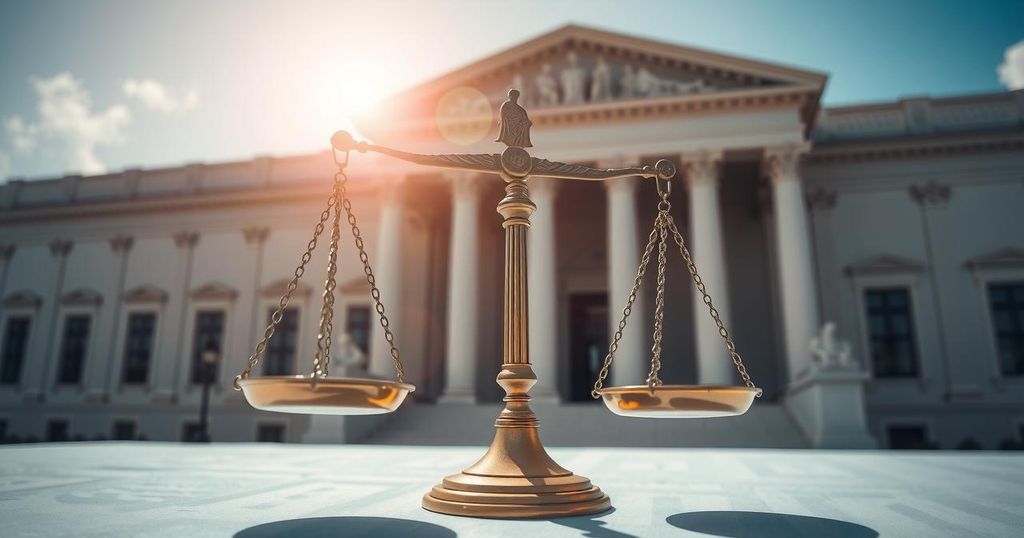Calls for Accountability Following Tragic Shooting by Police Officer in Liberia

The Liberia Human Rights Report highlights severe abuses by police, including arbitrary killings and detentions. The killing of fisherman Favor by off-duty Officer Boima Massaley has sparked community outrage and necessitated renewed demands for accountability in law enforcement. This incident, along with the history of police violence, underscores the urgent need for reform within the Liberia National Police to protect human rights.
The Liberia Human Rights Report has shed light on the poor human rights conditions in Liberia, documenting arbitrary killings by police officers, unjust detentions, and dire prison environments. The report also reflects issues in judicial independence, restrictions on free expression, widespread corruption, and inadequate responses to violence against women.
A recent incident involving Police Officer Boima Massaley highlights escalating concerns about police conduct. On February 12, 2025, Officer Massaley fatally shot 22-year-old fisherman Favor at Gbanjor Beach while off-duty, leading to community outrage and demands for accountability. Eyewitnesses report that Officer Massaley acted aggressively, brandishing his firearm, which instilled fear in the young men present at the scene.
The community’s alarm is amplified by a history of police violence in Lower Virginia. Previous incidents, such as the shooting of Mr. Mohammed by Police Inspector Fayiah, illustrate systemic issues within the police force. These cases underscore the urgent need for reforms to prevent further loss of life and address the misuse of police power.
Extrajudicial killings remain a grave concern in Liberia, often occurring without due process or accountability. The United Nations defines such killings as state-sanctioned actions absent of legal oversight. This distressing trend raises serious questions about the legality and ethical standards of police operations, especially regarding the right to life.
Culturally, the Liberian society often commemorates death through elaborate funerals, which can obscure the need for justice and accountability. The prevailing perception that many lives lost carry less significance reveals a troubling desensitization to violence, necessitating a cultural shift towards valuing every life.
The disjunction between the power and accountability of the police force exacerbates human rights violations in Liberia. Cases such as the shootings of Favor and Mr. Mohammed expose a pattern of excessive force and abuse of power among police officers, warranting urgent reforms to restore equity within the justice system.
Implementing comprehensive training programs for police officers is critical for fostering a culture of respect for human rights and the rule of law. It is imperative to eradicate the prevalent practices that allow police to act as judge, jury, and executioner, thereby undermining public trust and the integrity of the legal system.
The situation surrounding Officer Massaley and the tragic loss of young Favor demands immediate attention. Prosecuting Officer Massaley serves as a necessary step towards establishing accountability and rebuilding public faith in law enforcement. Such actions emphasize the importance of justice and the protection of human rights in Liberia, signifying a potential turning point for the police force.
The tragic incident involving Officer Boima Massaley and the subsequent outcry from the community emphasize the pressing need for accountability within the Liberian police force. With historical patterns of extrajudicial killings and police misconduct, it is crucial to overhaul policing practices through rigorous training and legal reforms. Accountability is essential not only to restore trust in law enforcement but also to ensure the fundamental human rights of all individuals are upheld in Liberia.
Original Source: www.thenewdawnliberia.com







